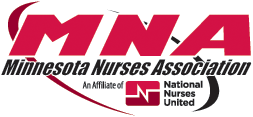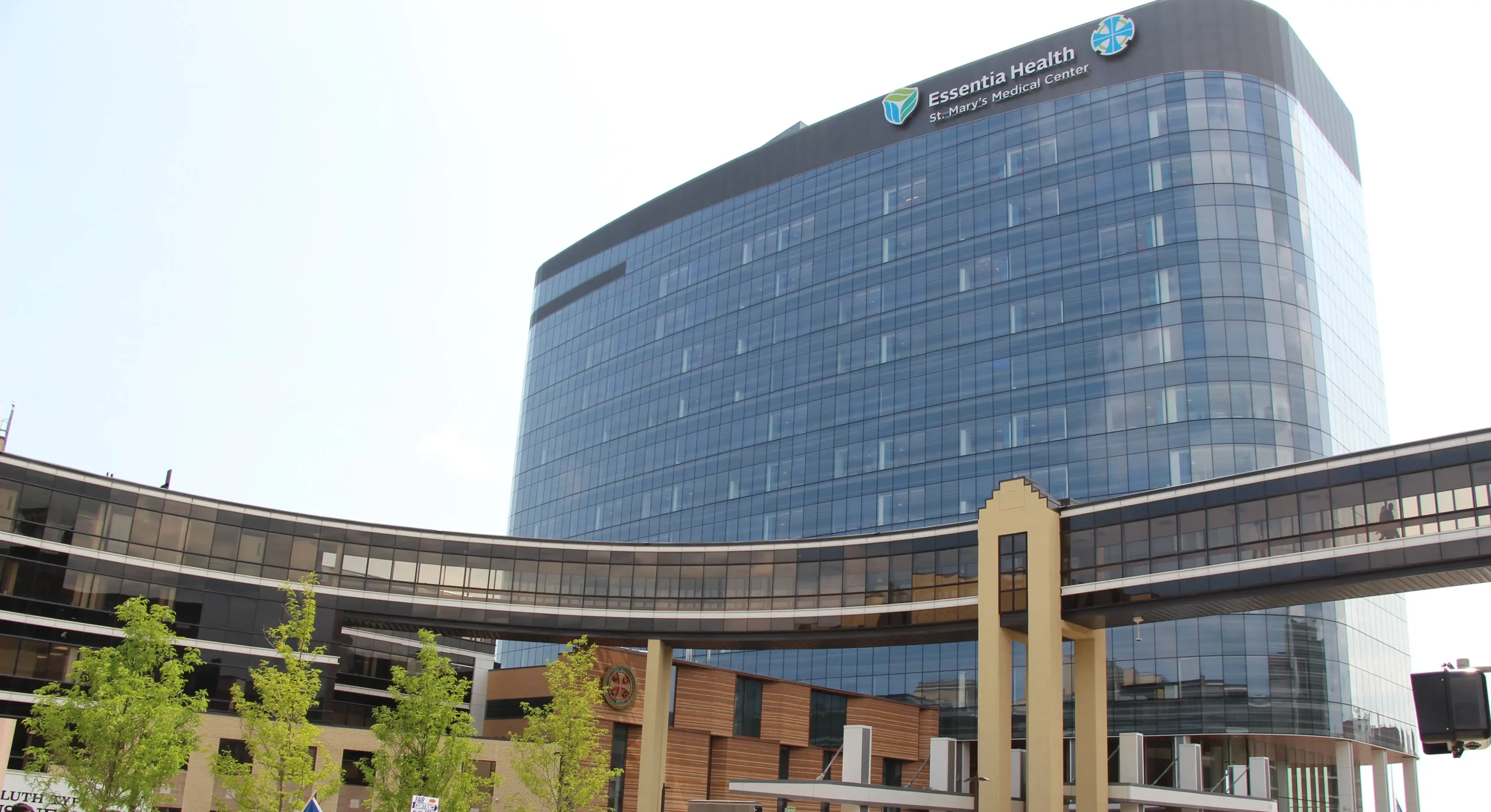
The Senate Committee on Health and Human Services passed SF 1890 Wednesday afternoon, which would give the Board of Nursing (BoN) more information about health care professionals who are eligible for the Health Professionals Service Program (HPSP) for treatment.
MNA testified and sent a letter to committee members about the bill and concerns with three elements of the bill. Specifically, the bill still contains measures that could result in a chilling effect on those who self-report to HPSP.
Senators Tony Lourey, John Marty, and Chris Eaton agreed that addiction is a disease, and nurses shouldn’t be disciplined for voluntarily seeking treatment. Currently, the bill from Senator Kathy Sheran requires HPSP to report any instances of drug diversion or other violations related to a person’s impairment to the BoN. Lourey said that gives a “chilling effect” to the program and to those professionals who want to get help before they endanger patient safety. If nurses personal data is released to their Board, it’s logical to predict that they won’t want to get help. Nurses who self-report are far more likely to keep their conditions away from patients and get help, which will foster an environment where people can be honest about their disease and move forward in the recovery process.
As the American Society of Addiction Medicine has found, “fear of disciplinary action and stigma are powerful disincentives to healthcare and other licensed professionals referring their colleagues or themselves to medically necessary addiction treatment. Link to report here.
In addition, discharge from the HPSP program would require a licensee to be automatically suspended for a period of not more than 60 days, regardless of why they were discharged. That’s too long said some lawmakers. Other boards of licensed professionals agree. The executive directors of the Board of Dentistry and the Board of Pharmacy testified that such a long suspension could effectively end a medical professional’s career. They also argued that discharge shouldn’t automatically qualify a licensee for disciplinary action, such as license suspension. Monica Feider, program manager with HPSP, reported to the committee that about 1 in 5 discharges from the program are not due to reasons such as failure to comply. Some leave voluntarily. Some are the result of paperwork that’s incomplete or incorrect.
MNA also testified to concerns with an exemption to what’s called “Chapter 364” of Minnesota Law, which requires that licensing boards consider rehabilitation of criminal activity.
The committee did modify SF 1890 by adding a clause (in bold) to subdivision 6, “Upon receiving a report from the program manager, based on allegations that the regulated person has engaged in conduct that might cause risk to the public, the participating board shall temporarily suspend the regulated person’s license, ” which allows the determination to come from HPSP.
While SF 1890 passed the Senate HHS Committee, legislators and other experts around the table agreed the issues remain and will have to be settled in the Senate Judiciary Committee or somewhere before a final bill goes to the Senate floor. Even bill sponsors agreed more conversation of refining the HPSP program and the BoN are needed.


